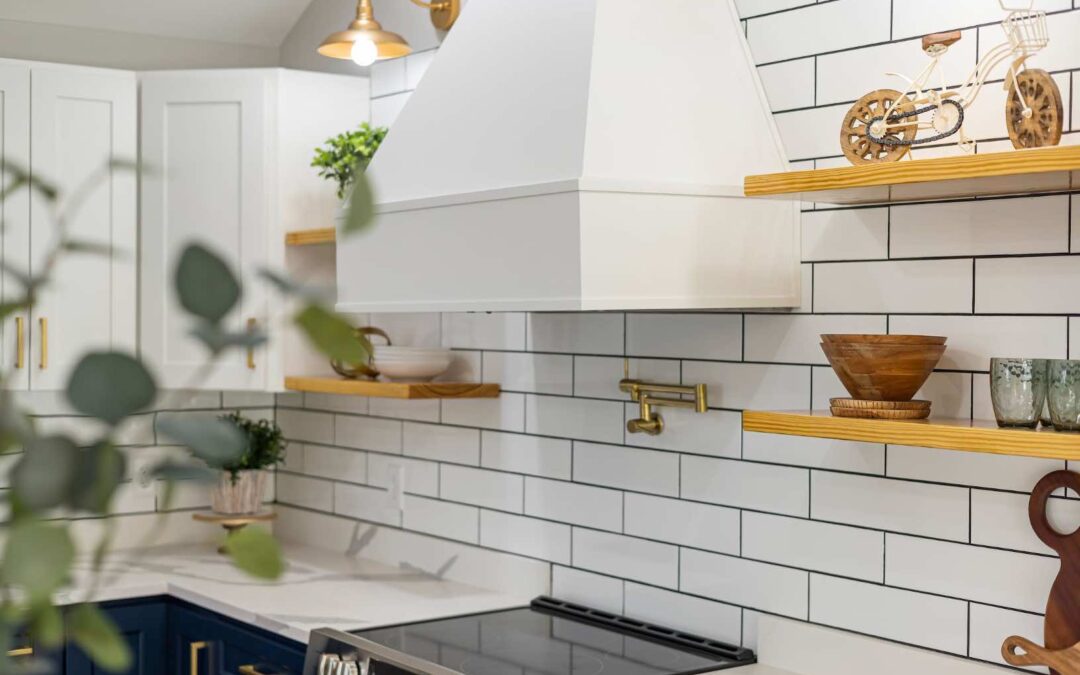Natural gas is an efficient energy source and can be used in many household appliances. Natural gas has its risks and can become dangerous. Unrepaired natural gas leaks can cause serious health and safety problems if left untreated.
Gas leaks may not be common, but they can happen and catch you by surprise. Gas leaks can be dangerous and homeowners need to know how to address them.
We provide an in-depth explanation of gas leaks and the ways to spot them.
Gas Leaks Causes
Gas leaks may be caused by poorly-fitted, poorly maintained appliances, such as cookers or boilers. Badly fitted appliances permit gas to escape either from the gas line that transports gas to the appliances or from the seal.
To avoid any problems, it’s wise and prudent to have a registered gas safety engineer certified. When servicing your home appliances, it is a good idea to contact a registered gas safe technician.
You should be careful when installing older appliances.
Gas Leak Signs
There are many warning indicators that indicate your gas is leaking. They include the sound of gas bubbling, gas smells, gas poisoning symptoms, high gas consumption, dead or dying plants, and hissing.
A large gas leak can cause a hissing sound in pipes or appliances, even if they are turned off. It is important that homeowners are aware of the possibility of hearing hissing in their homes.
Natural gas in its original form is colorless but odorless. To make gas more visible, gas companies add odorants to the gas that smell like sulfur or rotten eggs. A high likelihood of gas leakage is when sulfur or the rotting-egg smell are present.
The symptoms of low natural gas inhalation levels include fatigue, headaches, dizziness and irregular breathing. Natural gas poisoning is caused by exposure to high levels.
A homeowner should leave their home immediately if they have any of these symptoms. If symptoms do not subside after taking in fresh air, it is likely that there is a gas leak.
It is possible to detect a gas leak in a home if the plants both inside and out of your house aren’t being taken care of properly and become stunted, dead or dying. Exposed natural gas to plants can reduce their oxygen intake and cause wilting.
Preventing Gas Leaks
Gas leakage in your house is most likely to be caused by gas appliances. Gas-powered appliances are used most often in our homes. They include water heaters, electric generators and furnaces.
Each appliance has a pilot light that indicates which type of flame is required to burn. Any deviation is a sign that something is amiss.
Preventing gas leaks from happening is the best and most effective way to avoid them. A certified natural gas engineer should install all household appliances. This is the best way to prevent them from happening. Also, appliances should be regularly inspected for wear and tear.
Low-level and high-level gas leaked gas may not be detected by the nose. Installing an audible natural or carbon monoxide detector alarm, which looks similar to smoke detectors, in hallways and other open spaces of the home will help prevent gas poisoning.
Keep children and pets away from natural gas-related hazards. Small children can accidentally mess up appliances and cause gas leaks which could be dangerous for them and others living in the home.
What you should do in case of a gas leak
If you feel gas coming from your home, you need to take the following steps. First, turn off the gas supply at your pipe’s valve at a right angle. It is sometimes difficult to find this valve, but it should be turned off. Many properties have a gas shutoff valve located outside.
Open all windows and doors, and let fresh air flow freely. This will help to disperse the gas. If you find the gas too strong, leave the house immediately and go outside to get fresh air.
Avoid opening doors and turning on lights with electrical switches. These can cause gas to explode. You should also avoid smoking, burning, and using matches in the vicinity of your house.
When you’re outside, and not in your home, dial the emergency number. Because there is a slight chance that a phone call can set off a fire, Call the fire department in case of an emergency.
What to Do When a Gas Leak Is Seen
Do not go indoors if there is a gas leaking. This is because the gas could cause you to be exposed and possibly poisoned.
Do not forget to notify the authorities.
Can we be safe from gas leaks?
Every person deserves to feel secure, safe, warm, and protected in their home. This guide will help to make sure you are aware of the risks, and can provide guidance on how to mitigate them.

